The Ukrainians of Alabama are not the kind of lobbyists whose visits strike fear into pro-Trump politicians in Washington. They are an ad hoc campaign group of expats and refugees who do their best to put Kyiv’s case politely to representatives of Congress and Senate. They do, however, have a secret weapon, in the form of an ex-US soldier from the town of Tuscaloosa, whose backstory is the kind the Beltway finds hard to ignore.
Alex Drueke, 42, is an Iraq veteran whose ancestors served in every major American war since the War of Independence. Appalled at Vladimir Putin’s invasion, he joined Ukraine’s International Legion, only to be captured on his first mission, becoming the first American PoW in Moscow’s hands since Francis Gary Powers in 1960. He suffered 100 days of beatings and torture before being freed in a prisoner swap in late 2022. He now uses his fame to advocate for Ukraine.
“We bring different perspectives, whether it’s wider concerns about Trump’s plans for Ukraine, or my own direct experience of Russian war crimes,” says Drueke, who also talks to high schools, church groups and anywhere else that will have him. “But occasionally, someone will hear my story and go: ‘Oh, so you’re that guy from the news?’”
Being an ex-PoW doesn’t have quite the sway that it used to in Republican circles. In 2015, Donald Trump was openly dismissive of John McCain, who spent more than five years in a North Vietnamese prison camp, saying he preferred war heroes “who weren’t captured.” So, for Trump audiences, Drueke brings the message closer to home.
“The big talking point of Trump voters is migration on the Mexican border, so I use that as a tool. I say: ‘Look, you believe they’re invading, taking our jobs, draining our social services and so on, right? Well, imagine someone invading and obliterating entire cities, murdering and raping, because that’s what the Russians are doing in Ukraine. How would you feel about that?’”
These days, however, the Guy from the News has limited traction. Drueke had always expected Trump to be cooler on Ukraine than Joe Biden, but was still appalled by February’s press conference in which J.D. Vance accused Volodymyr Zelensky of ingratitude for US help. “For the first time in my life, I was ashamed of being an American,” he says.
That is putting it politely. Among other Americans still serving in Ukraine, the US leader’s name is seldom mentioned these days without profanity.
“Trump is a coward,” says Charles Carter, another US volunteer. He says he regrets that Trump’s would-be assassin only managed to nick his ear last July. “The fact that the bullet missed his fucking face by only an inch is a worldwide travesty.”
The strength of feeling is hardly surprising, given how many Americans have gone to fight in Ukraine, and how passionately they embrace the cause. US citizens are thought to be the largest foreign group in the Legion, with several thousand having served in the past three years. At least 50 have died, with many more seriously injured.
It is the biggest mobilization of its sort since the Spanish civil war, when 2,800 Americans joined the International Brigade against Franco’s Fascists, inspiring Ernest Hemingway’s For Whom The Bell Tolls. But while most of them were card-carrying communists, those in Ukraine see themselves defending a much more American ideal of democracy and freedom.
‘Trump is a coward. The fact that the bullet missed his face by only an inch is a worldwide travesty’
Many, like Drueke, are veterans of America’s messy campaigns in the Middle East and can be as skeptical as Trump about US intervention abroad. They point out, though, that almost uniquely in modern history, Ukraine has proved a reliable security partner. Unlike its counterparts in Iraq, Afghanistan and South Vietnam, neither Ukraine’s army nor government has collapsed. And unlike much of western Europe, it doesn’t expect America to do its fighting for it.
“Many of us feel very betrayed by Trump’s actions towards the country we’ve fought and died for, and also baffled,” says “Andy,” a US combat medic who fought in Ukraine until 2023. “The strategic implications of screwing over our allies are massive, as our own prosperity depends a lot on our ability to project power, stability and trade.”
The sense of betrayal is all the greater given that US volunteers tend to lean Republican. Many voted for Trump in the past and saw service in Ukraine as a break from an America obsessed with identity politics. Like the rest of the “bro vote” fraternity, they’re keen on guns, MMA and Joe Rogan. Indeed, when the war started, many got huge followings on social media while posting footage of their battlefield exploits alongside running commentaries on the war. To followers back in the US, they were a reassuring reminder of America’s warrior spirit.
Now, though, despite their best efforts to be war’s social influencers, they see their chances of victory dimming, just as their predecessors eventually lost to Franco. And much as the likes of Drueke carry on campaigning, others who might normally be powerful allies are silent.
For the dead volunteers all leave behind grieving relatives – known as “Gold Star” families. The term dates back to the first world war, when bereaved households would fly a flag with a gold star outside their homes and has continued ever since. But while Gold Star families of Vietnam or Iraq will showcase their status on a flag or tiepin, those who have lost loved ones in Ukraine often stay quiet because of pro-Russian trolling. It is not just a case of the odd rude comment posted online. Families are sometimes targeted by professional Russian hackers, who do all they can to aggravate their grief.
“Some of the fallen were killed while behind enemy lines, and parents are sent graphic photos of their sons’ bodies,” says Jon Frank, whose son Ian died in Ukraine in 2023, and who is one of the few to speak out. “One father viewed a video of his son’s execution on the battlefield. Most of the harassment is via Russian trolls, but a few ignorant Americans have joined in. Russians want to ensure no American is ever acknowledged for their sacrifice and want to divide us.”
Hence the absence of much organized lobbying from bereaved families, traditionally a strong voice in influencing US military policy. Yet even without the trolling, it is debatable whether Trump would agree to see them anyway. Unlike Zelensky at February’s press conference, they would have nothing much left to lose by speaking their mind. To borrow Trump’s phrase, the conversation would no doubt make “great television.”



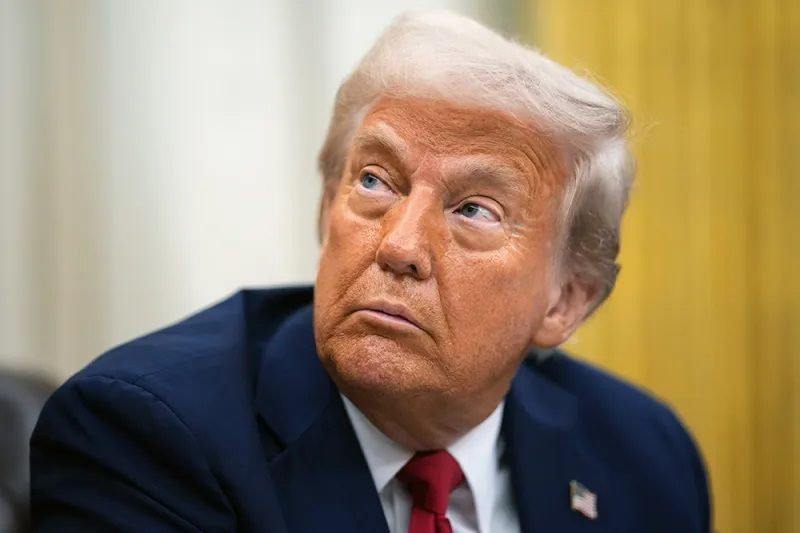






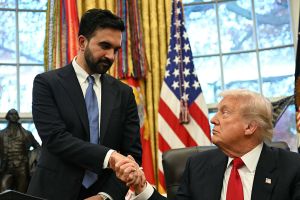
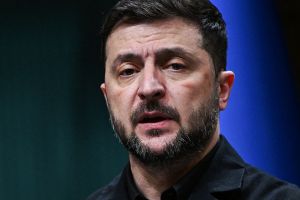
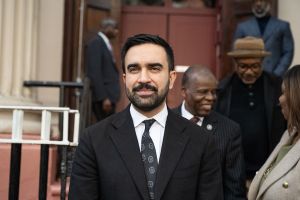

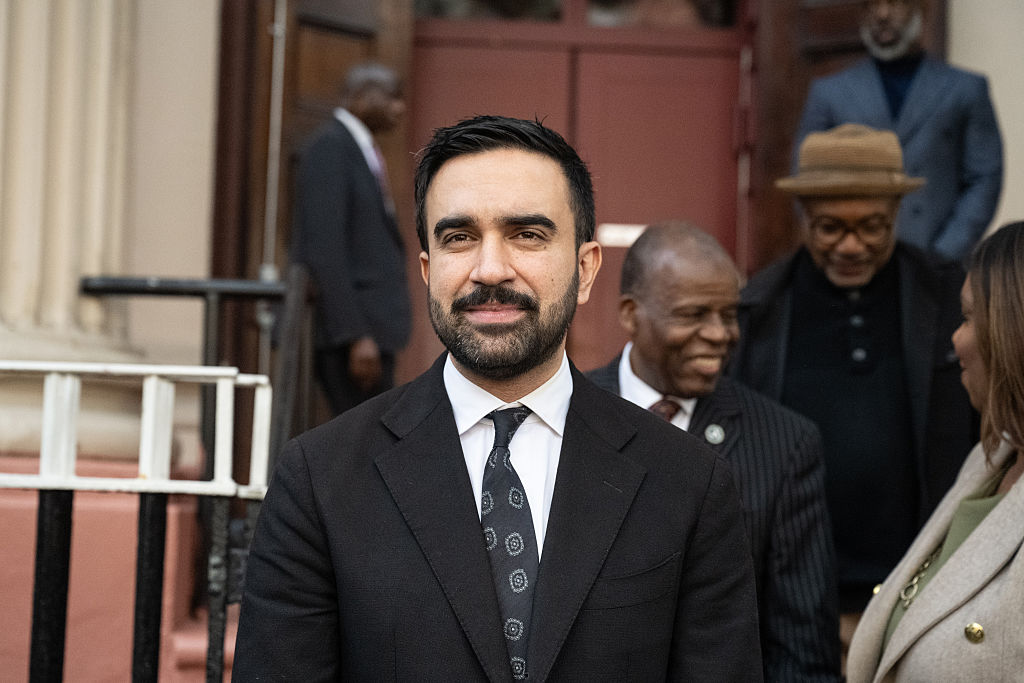



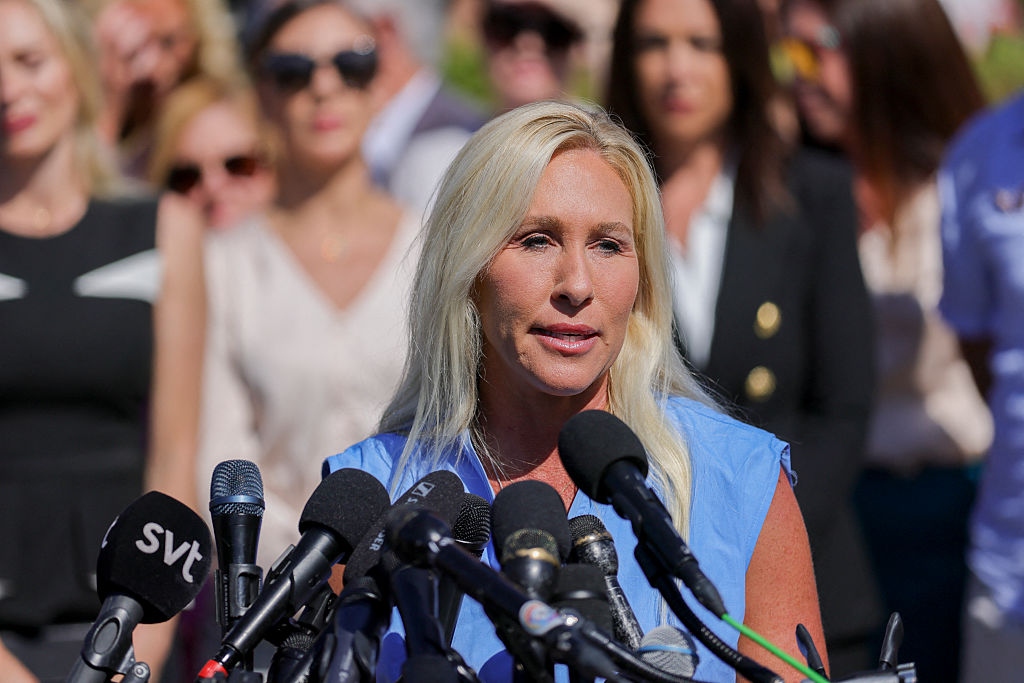







Leave a Reply